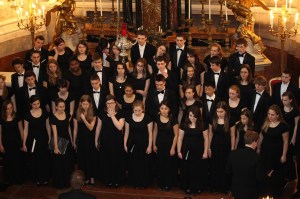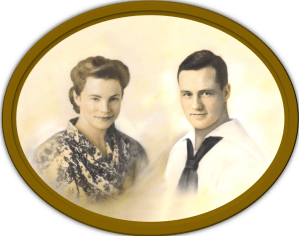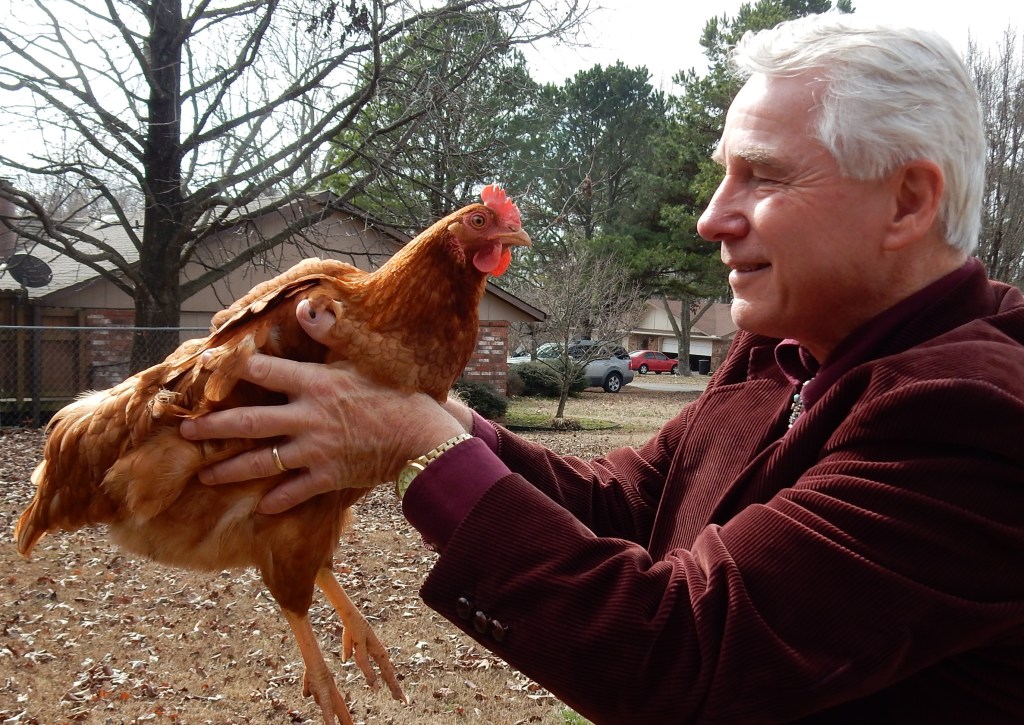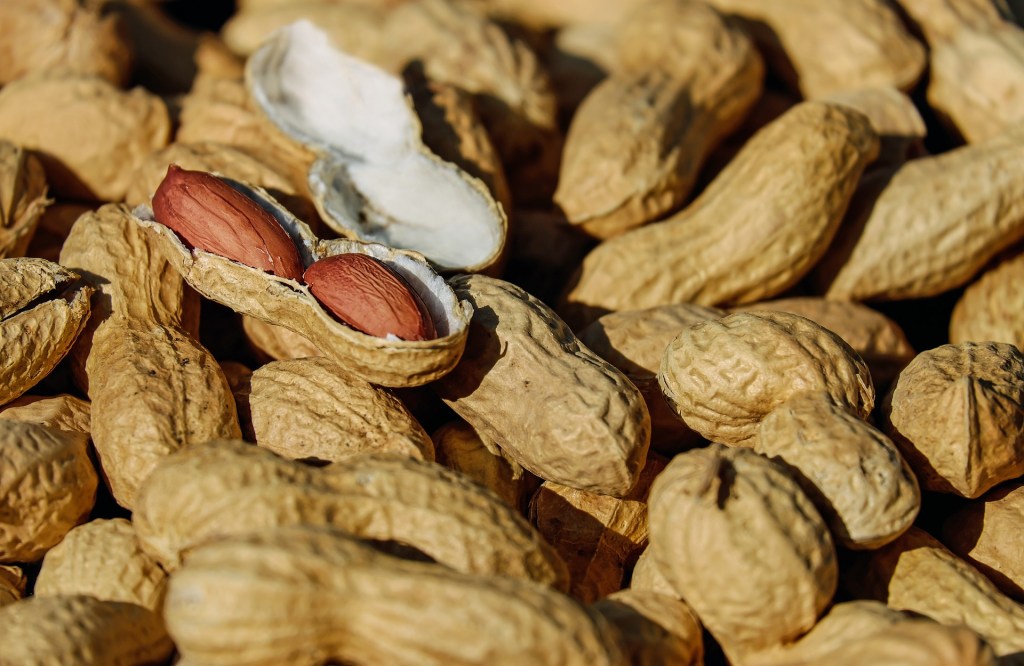Years ago, a man from Oklahoma called me. He was despondent and was looking for financial assistance – again. This man was in his thirties.
He was raised in a Christian home, affirms that he is a Christian, has spent time  memorizing Scripture, sung in church choirs and gospel quartets, played his instrument in church orchestras, led in Bible studies, and discussed theology and history with others. He had a good-paying job. This man is loved by many people because he is fun to be with. We’ll call him Jake.
memorizing Scripture, sung in church choirs and gospel quartets, played his instrument in church orchestras, led in Bible studies, and discussed theology and history with others. He had a good-paying job. This man is loved by many people because he is fun to be with. We’ll call him Jake.
But Jake is in jail. Bond was $57,000, with a cash requirement of $5,700. The family could not pay it and he was in for awhile. What happened to Jake?
I located and talked with some of his family members. They told me about a statement Jake made while a teenager. The statement was: “I want to live a life of sin; that way, when I get older, I’ll have a good testimony of how God saved me from a bad life.” And he purposely turned to a life of alcohol, drugs, sex, and gambling, and has wrecked every car he had.
Jake doesn’t remember that resolution, but he told me, “A person will never change his way of life until he decides to change. Whether it’s through a Christian organization, secular counselling, Alcoholics Anonymous, or prison, a man changes only when he wants to change.”
I responded, “So THAT’s why you’re in jail: you’ve decided not to change. And because of that, I will not help you.” That caught him by surprise. I continued, “Jake, your continual return to your degraded lifestyle confirms that you don’t want to change. When you decide that you want to change, I’ll be available to help you.”
Jake has been in-and-out of jail five times on various charges. Apparently, he’s a “model” citizen as a prisoner – even leading in Bible studies. He has gone through detox several times in jail, and is clean when he gets out. But he goes right back to the stuff when he is free.
Free – that’s an interesting concept.
One of Jake’s acquaintances recently told him, “If you would turn to the Lord –  truthfully, not merely with lip-service – the Lord and others would help you. If you would honor the Lord by the way you live, the Lord would help you get out of bondage.”
truthfully, not merely with lip-service – the Lord and others would help you. If you would honor the Lord by the way you live, the Lord would help you get out of bondage.”
Jake erupted: “I’m not in bondage!”
His friend squelched the laughter until the phone call ended. He told me it was funny because Jake is in a 3-fold bondage: emotionally, spiritually, and physically (in jail). Make that 4-fold: he’s now in financial bondage.
And it’s all because of that resolution he made many years ago.
How about you, dear reader? Are you in any kind of bondage? Have you made decisions that have hurt you emotionally, spiritually, financially, or physically?
Here’s something to remember: a firm decision is a resolution. Also, a decision – firm or not – becomes a resolution if it isn’t modified. Ponder that one.
Many folks like to wait until January 1 to make a resolution. But why wait to make a good decision? Waiting to do the right thing is practicing procrastination. Waiting to make the right decision is a bad resolution. Waiting to make a good resolution verifies that you don’t want to make it.
What would you like to change this year? Let’s rephrase it: What have you resolved to change this year? While you’re thinking about it, let’s remember what Jake said: “A person will never change his way of life until he decides to change.”
You want to quit smoking? Quit indulging in alcohol? Quit wasting your family’s money, and God’s money, at the casinos? How about quit gossiping or slandering? Are you running from God in any way? Would you like to have a better understanding of who Jesus is? Would you like to have a better relationship with your family? Would you like to, overall, improve your life?
It takes a simple decision – then ask God to help. That’s a resolution.
 Before my parents were married, my mother told dad, “I won’t marry you if you don’t stop smoking.” That was a resolution.
Before my parents were married, my mother told dad, “I won’t marry you if you don’t stop smoking.” That was a resolution.
Dad said, “I tried to quit, but I can’t.”
“You need to pray about it – now.”
Dad did two things: He decided to quit smoking, and he asked God to help him. That was a resolution. He cooperated with God: that’s the key. He never smoked again and they got married.
If you have a decision – resolution – to make, ask God to help. If you’re sincere and honest with God, He’ll help you. That’s God’s resolution.













 Why is it that the names of Allah, Krishna, Rhea, Ishtar, Zeus, and thousands of other deities are allowed to be mentioned publicly, but we’re told that the name of Jesus should be a private matter?
Why is it that the names of Allah, Krishna, Rhea, Ishtar, Zeus, and thousands of other deities are allowed to be mentioned publicly, but we’re told that the name of Jesus should be a private matter?
 Second Chronicles 7:14 says: “If my people who are called by my name will humble themselves and pray and seek my face and turn from their wicked ways, I will hear from heaven and will forgive their sins and heal their land.”
Second Chronicles 7:14 says: “If my people who are called by my name will humble themselves and pray and seek my face and turn from their wicked ways, I will hear from heaven and will forgive their sins and heal their land.”
 years old, we lived in El Cajon, California. My dad put me on the top bunkbed, and said, “I want you to jump to me.” (Yes, the lights were on.) But I was afraid of falling, so I told dad I didn’t want to jump. Dad promised me that there was absolutely no way I could fall, because even if I jumped awkwardly, or inadvertently fell off the bed, he would still catch me.
years old, we lived in El Cajon, California. My dad put me on the top bunkbed, and said, “I want you to jump to me.” (Yes, the lights were on.) But I was afraid of falling, so I told dad I didn’t want to jump. Dad promised me that there was absolutely no way I could fall, because even if I jumped awkwardly, or inadvertently fell off the bed, he would still catch me.
 God face-to-face and defend himself, but he never lost his faith. Job 13:15a says, “Though he [God] slay me, yet will I trust in him.” In chapter 19 verse 25, Job proclaims, “I know that my Redeemer lives, and he will eventually come to the earth.” And God, in the form of Jesus of Nazareth, did come to earth to redeem us.
God face-to-face and defend himself, but he never lost his faith. Job 13:15a says, “Though he [God] slay me, yet will I trust in him.” In chapter 19 verse 25, Job proclaims, “I know that my Redeemer lives, and he will eventually come to the earth.” And God, in the form of Jesus of Nazareth, did come to earth to redeem us. memorizing Scripture, sung in church choirs and gospel quartets, played his instrument in church orchestras, led in Bible studies, and discussed theology and history with others. He had a good-paying job. This man is loved by many people because he is fun to be with. We’ll call him Jake.
memorizing Scripture, sung in church choirs and gospel quartets, played his instrument in church orchestras, led in Bible studies, and discussed theology and history with others. He had a good-paying job. This man is loved by many people because he is fun to be with. We’ll call him Jake. truthfully, not merely with lip-service – the Lord and others would help you. If you would honor the Lord by the way you live, the Lord would help you get out of bondage.”
truthfully, not merely with lip-service – the Lord and others would help you. If you would honor the Lord by the way you live, the Lord would help you get out of bondage.” Before my parents were married, my mother told dad, “I won’t marry you if you don’t stop smoking.” That was a resolution.
Before my parents were married, my mother told dad, “I won’t marry you if you don’t stop smoking.” That was a resolution. “I’m not talking about dreaming while you’re asleep, dad. I mean, do you dream about what you want? For example; if you were to buy a pickup truck, what features would you want on it?”
“I’m not talking about dreaming while you’re asleep, dad. I mean, do you dream about what you want? For example; if you were to buy a pickup truck, what features would you want on it?”
 God made everything from the infinitesimal one-celled amoeba to the giant dinosaur; from the invisible quarks to the super-clusters of galaxies. But God had something else in mind: He made man to fulfill His master plan, and He incorporates anyone who wants to be included into His plan.
God made everything from the infinitesimal one-celled amoeba to the giant dinosaur; from the invisible quarks to the super-clusters of galaxies. But God had something else in mind: He made man to fulfill His master plan, and He incorporates anyone who wants to be included into His plan.